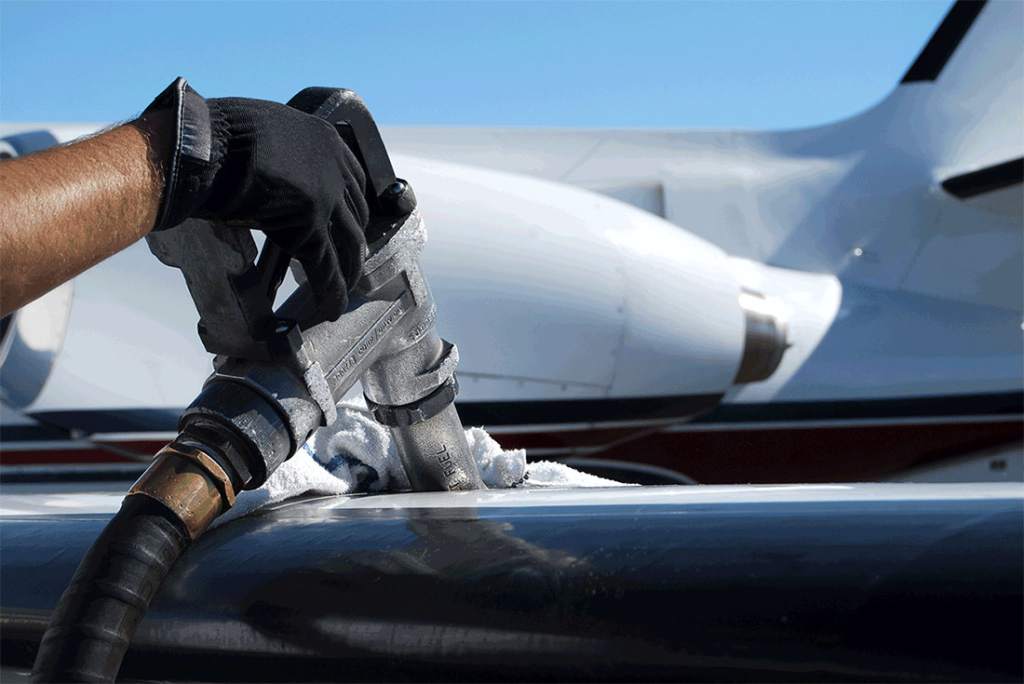Crude oil and jet fuel prices are currently almost 30% higher than their level of a year ago; the International Air Transport Association (IATA) has said, but noted it does not expect significant change in oil prices over the next 12 to 18 months.
The oil price futures curve continues to suggest that financial markets do not expect significant change in oil prices over the next one and a half years. A modest decline is currently priced in by financial markets, to around $62-65 a barrel, IATA said in its latest "˜Financial Monitor"™.
World oil prices increased moderately in March, with the Brent crude benchmark rising by 2.3% and retracing around half of last month"™s solid decline.
In contrast, jet fuel prices were largely unchanged this month, but they did not fall as sharply as crude oil prices in February, IATA said.
Following a pause from around mid-2016, recent data point to a modest downward trend in passenger yields reasserting itself, the report said. In dollar terms, yields are currently 2% lower than a year ago.
Airline-level financial data for the fourth quarter of the current fiscal paints a mixed picture, however there are indications that "“ at least for some carriers "“ these other sources of passenger revenue have helped to offset the decline in passenger yields over the past year and supported the ongoing robust industry-wide financial performance.
As expected, IATA said the year-on-year growth in air passenger volumes rebounded in February, with industry-wide revenue passenger kilometres (RPKs) increasing by 7.6% y-o-y, up from 4.6% in January. The (changing) timing of Lunar New Year (LNY) "is always a factor" at the start of the year.
In terms of premium class travel, IATA said the performance across the key markets was varied. Premium-class demand was strongest for the Asia-Southwest Pacific and within Europe markets. In contrast, demand was softest for Europe-Middle East and North-South America.
Industry-wide freight tonne kilometres (FTKs) increased by a robust 6.8% year-on-year in February, down from 8.5% in January. However, taking January and February together (which helps to adjust for the LNY disruption), FTKs rose by a robust 7.7% year-on-year"“ the strongest start to a year on this basis since 2015…



